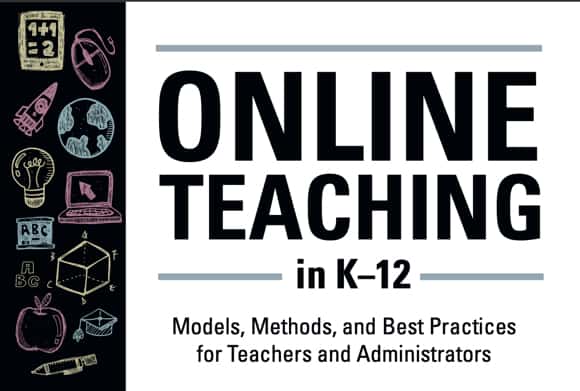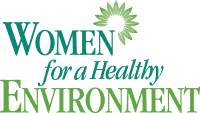COVID-19 has made back-to-school look anything but ordinary. Parents, caregivers, early learning providers, teachers and school personnel are wrestling with how and where students learn while balancing academic, social and emotional wellness. These resources can help ease the strain of this crisis.
COVID-19
MASK UP
WASH UP
STAY SAFE
HERE TO HELP
Family Resources
Explore valuable resources for families, early learning providers and school personnel to help with the impact of COVID-19. From grab and go meal locations for students of local school districts, to family activities, educational resources, health and wellness links and important social service links, our family resource list offers access to important resources available during COVID-19. Families can also dial 2-1-1 to connect to local resources through the United Way.
Thank you for your patience as we continuously monitor and update this list to bring you the most current family resources during COVID-19. Know of a resource not yet included? We would love to hear from you.

Protecting Families
According to the World Health Organization, Coronavirus (COVID-19) is an infectious disease caused by a newly discovered coronavirus. Most people infected with the COVID-19 virus will experience mild to moderate respiratory illness and recover without requiring special treatment. Older people, and those with underlying medical problems like cardiovascular disease, diabetes, chronic respiratory disease and cancer are more likely to develop serious illness.
COVID-19 spreads primarily through droplets of saliva or discharge from the nose when an infected person coughs or sneezes. Practicing respiratory etiquette by coughing into a flexed elbow, wearing masks and practicing physical distancing of 6 feet or greater can help prevent the spread of the virus.
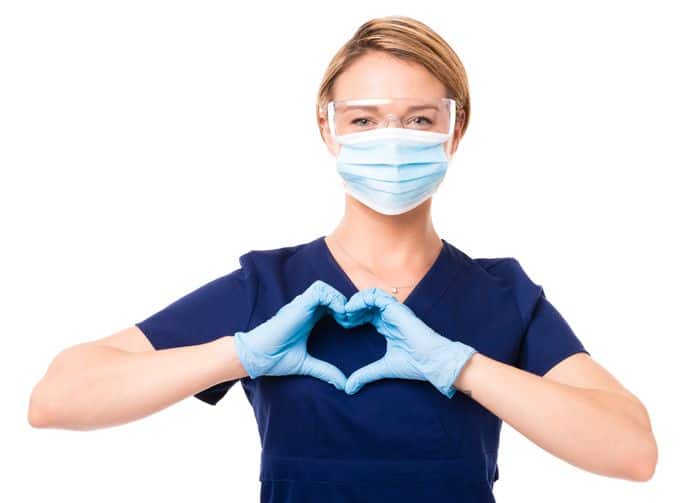
The rising spread of COVID-19 in Allegheny County has created a higher demand for testing. Allegheny County Health Department Director Dr. Debra Bogen recommends testing for those with symptoms, people who are close contacts of known cases and frontline workers. Dr. Bogen is asking residents returning from travel to quarantine for 14 days.
Anyone with symptoms of COVID-19, even mild, such as a sore throat, should get tested. Please stay home and limit contact with others while waiting for test results.
Clean Hands Save Lives
Regular handwashing is one of the best ways to remove germs, avoid getting sick and prevent the spread of germs to others, according to the Centers for Disease Control and Prevention. Handwashing remains the best preventive hygiene practice. If using hand sanitizer, choose 60% or higher rubbing/isopropyl alcohol content or greater for effective cleaning or create your own DIY disinfectant at home. Find out how handwashing with soap and water can protect you and your family at home and in public spaces and help the children in your life develop good handwashing skills by integrating fun family friendly activities while teaching the importance of clean hands and how to best disinfect.
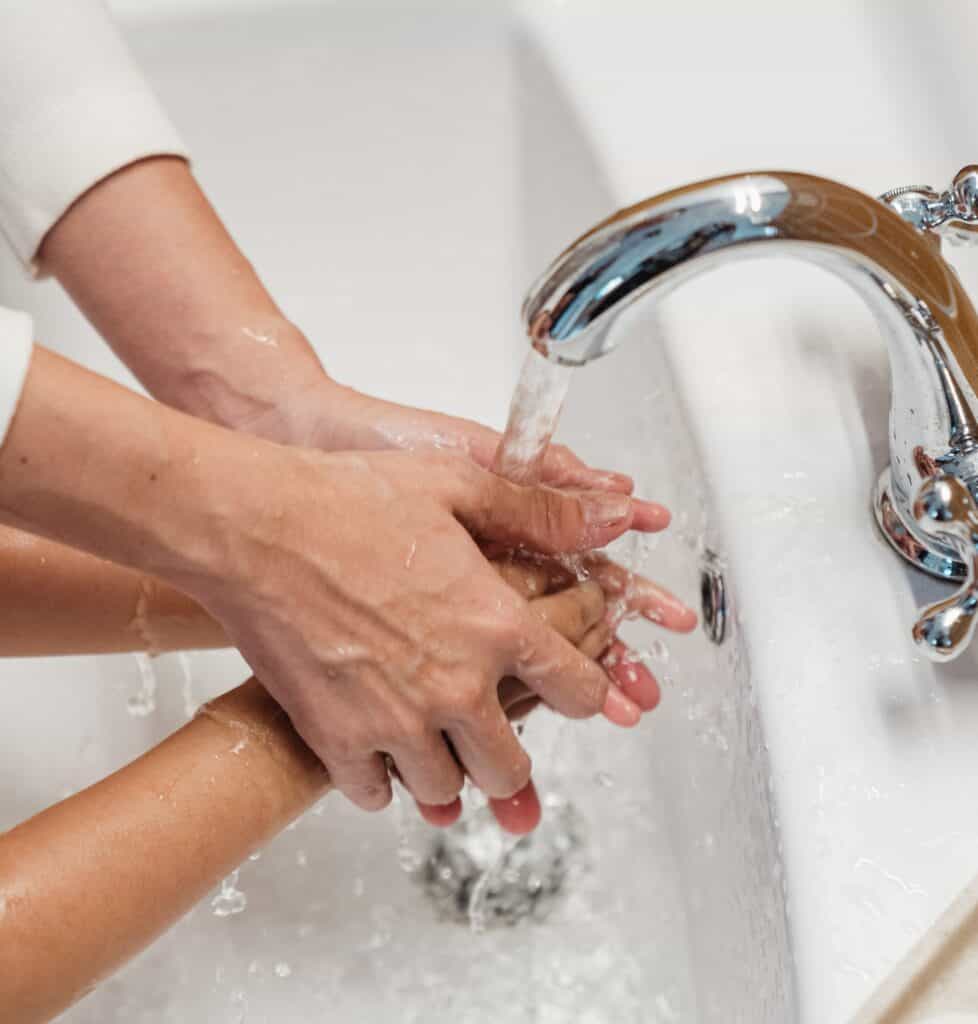
HERE TO HELP
Educator Tools
Due to the growing public health threat of COVID-19, we understand K-12 schools are being asked to shut down their facilities. Some schools are making the difficult decision to continue their educational programs online. Through the collaboration of community partners working in the southwest PA region who are committed to supporting our educators, we’re here to help with resources on remote learning, lesson plans, teacher guides, articles, research, online tools and alternative evaluation methods. For more information, read the Centers for Disease Control’s full guidance
Online Tools
Professional Development Resources
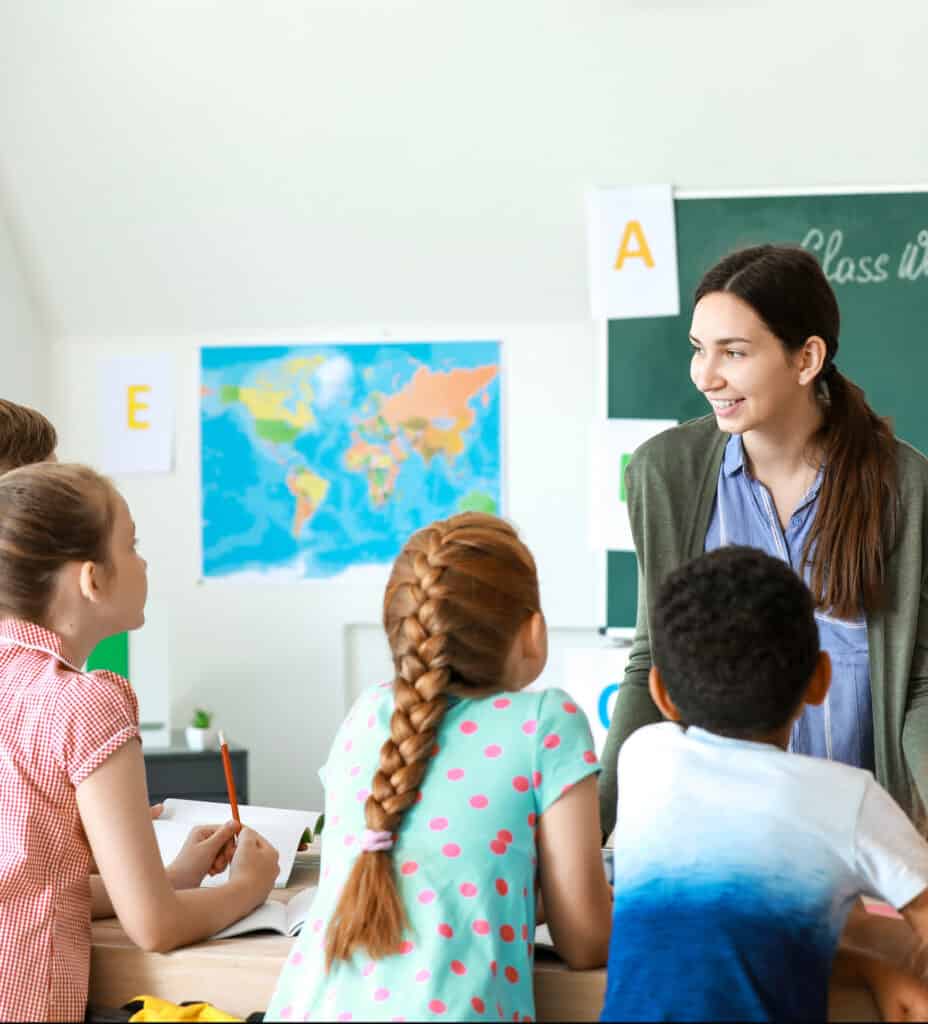
Sustainability Curriculum
Why focus on sustainability? There are SO MANY lessons you can use in different subject areas to teach about the environment. Many of these can be adapted for use at home.
We can use this moment as an opportunity for learning. Explore these lesson plans for discussing COVID-19 with students. Research shows when we give students the space to ask questions and learn about something new and uncertain, it empowers them. Keeping children in the dark about COVID-19 can harbor more anxiety and fear.
COVID-19 Tips for Back-to-School
There are no easy choices for families this school year. The Mayo Clinic offers a complete list of precautions detailing how parents and caregivers can help children and their families prevent the spread of COVID-19. This school year will be challenging no matter which learning model you choose, but by practicing safe distancing, wearing a mask, cleaning hands and disinfecting high-touch surfaces, we can reduce the risk of transmission.
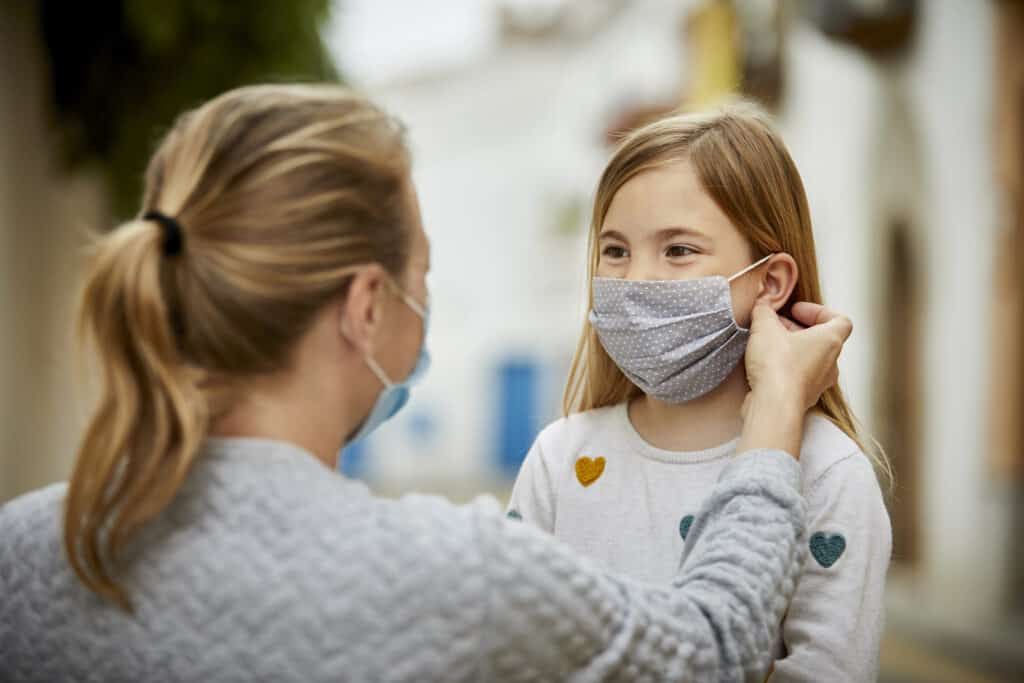
Share and Recommend Resources
We thank you for your patience as we work as fast and efficiently as we can to share resources and vet our sources. See a need or a gap that partners can fill? Please feel free to email us to support you and your work.
Your donation makes a difference
Help us help Families, Schools and Early Childhood Centers adjust to the
challenges of the COVID-19 pandemic

